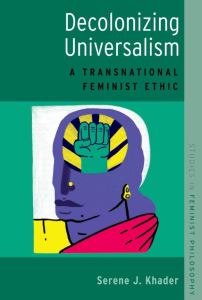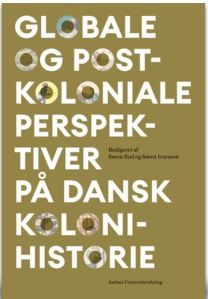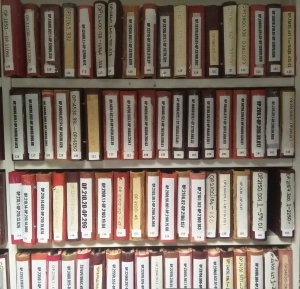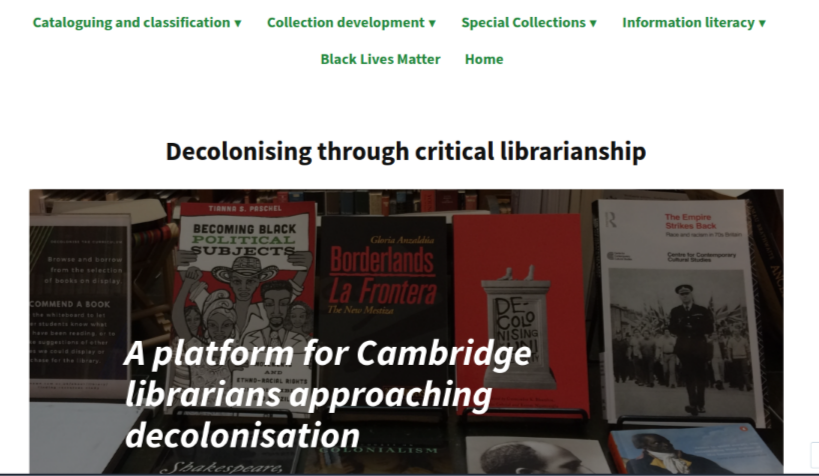The question of restitution of spoliated cultural works currently engages most European countries, especially former colonizing nations. It came into the forelight in France when President Emmanuel Macron advocated for the “return of African heritage” during a visit to Burkina Fasso in 2017. This blog post will look at the headlines of France’s handling of the question of restitution with the details of related books inserted throughout.
Macron commissioned a study by two academics, Bénédicte Savoy (then History professor at the Collège de France in Paris, now at the Technical University of Berlin) and Felwine Sarr (a writer, then Economics professor at Gaston Berger University, Senegal, now in the Romance studies department at Duke University, US). Their report on The Restitution of African cultural heritage: Toward a New Relational Ethics was published in 2018: it examined the history and current state of publicly owned French collections of African artworks originating from illicit or disputed acquisitions, as well as claims and recommendations for preparing restitutions. From a wider perspective, they recommended international and inter-African cooperation, improved access to research, archives and documentation (including through digitisations), to fill the gap relating to the preservation, study and wider appreciation of African culture. This would imply training, circulation of temporary exhibitions, as well as educational initiatives to ensure transmission of African cultural heritage.
- Objets du désir, désir d’objets : Leçon inaugurale prononcée le jeudi 30 mars 2017 / Bénédicte Savoy. Paris : Collège de France, 2017, ebook
- Restituer le patrimoine africain / Felwine Sarr, Bénédicte Savoy. Paris : Philippe Rey, 2018. C207.d.5916
- Afrikas Kampf um seine Kunst : Geschichte einer postkolonialen Niederlage / Bénédicte Savoy. München : C.H. Beck, 2021, EBSCO ; Africa’s struggle for its art : history of a postcolonial defeat ; transl. Susanne Meyer-Abich. Princeton University Press, 2022. C218.c.8787 and de Gruyter eBooks; Le long combat de l’Afrique pour son art : histoire d’une défaite post-coloniale. Éditions du Seuil, 2023. C219.c.6031 Continue reading “France and the restitution of cultural property “













